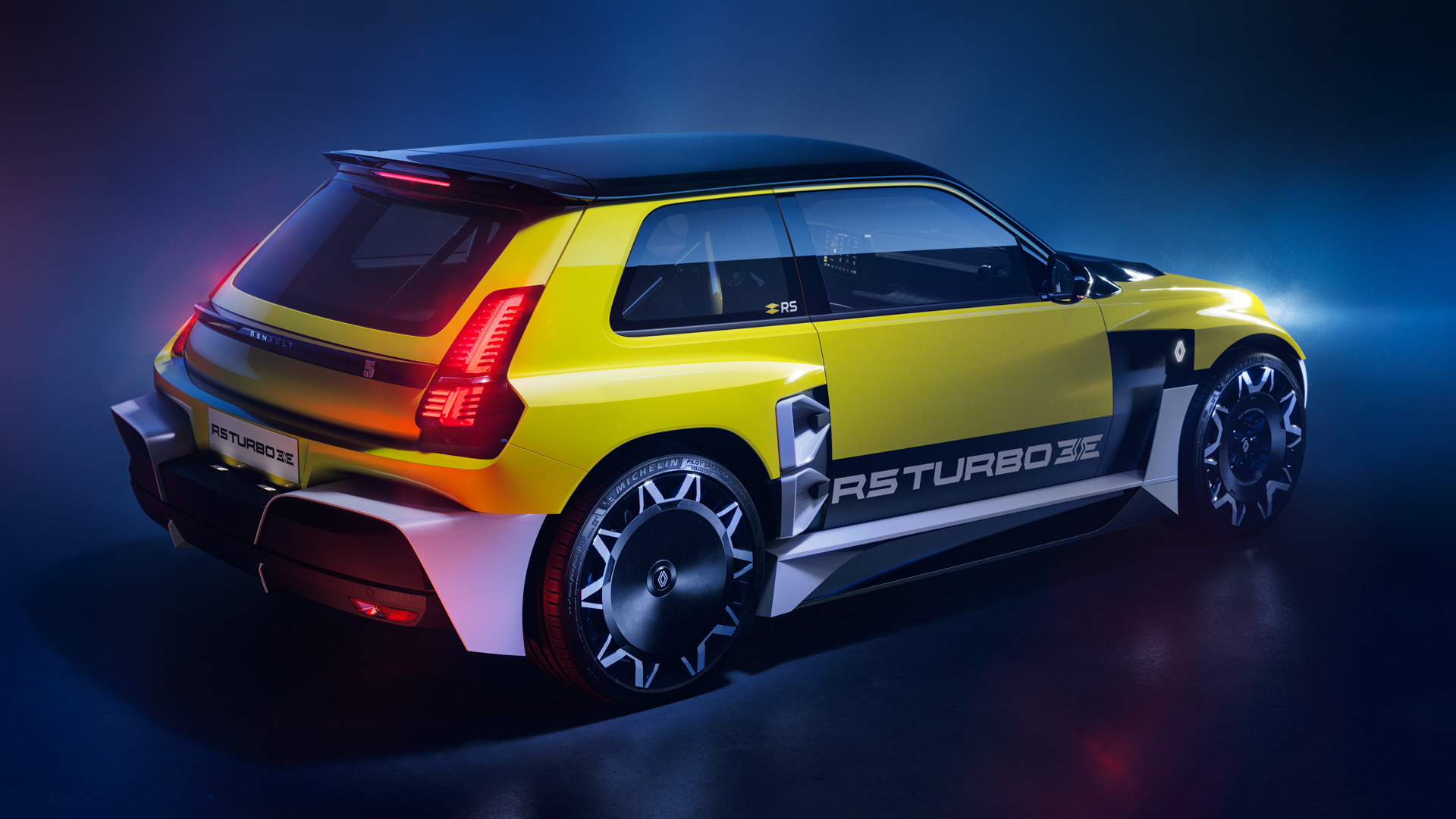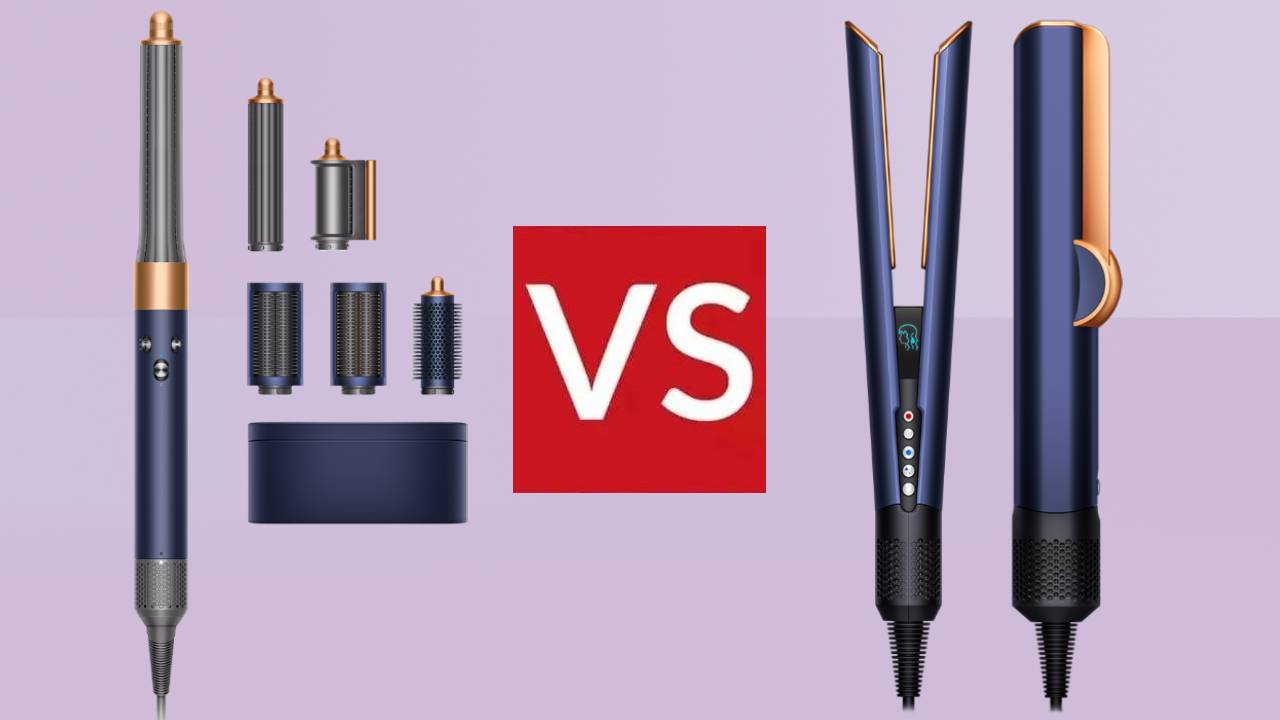

When Dyson announced its plans to start developing and designing hair care tools back in 2012, many people were sceptical: after all, how can you go from making some of the best vacuum cleaners to focusing your energy on hair stylers?
Well, it turns out Dyson took the challenge in its stride and quite easily made a name for itself in the hair care industry, as well as completely changing the face of it. Aside from developing the best hair dryers in the form of the Dyson Supersonic, and diving into the best hair straighteners, Dyson is arguably best known for its range of wet-to-dry hair styling tools.
Currently in Dyson’s hair care line-up are two wet-to-dry stylers: the highly coveted Dyson AirWrap and the new kid on the block, the Dyson Airstrait. But which one should you choose? In this comparison guide, I put the AirWrap and Airstrait to the test to see which one comes out on top.
Dyson AirWrap vs Airstrait: what’s the difference?
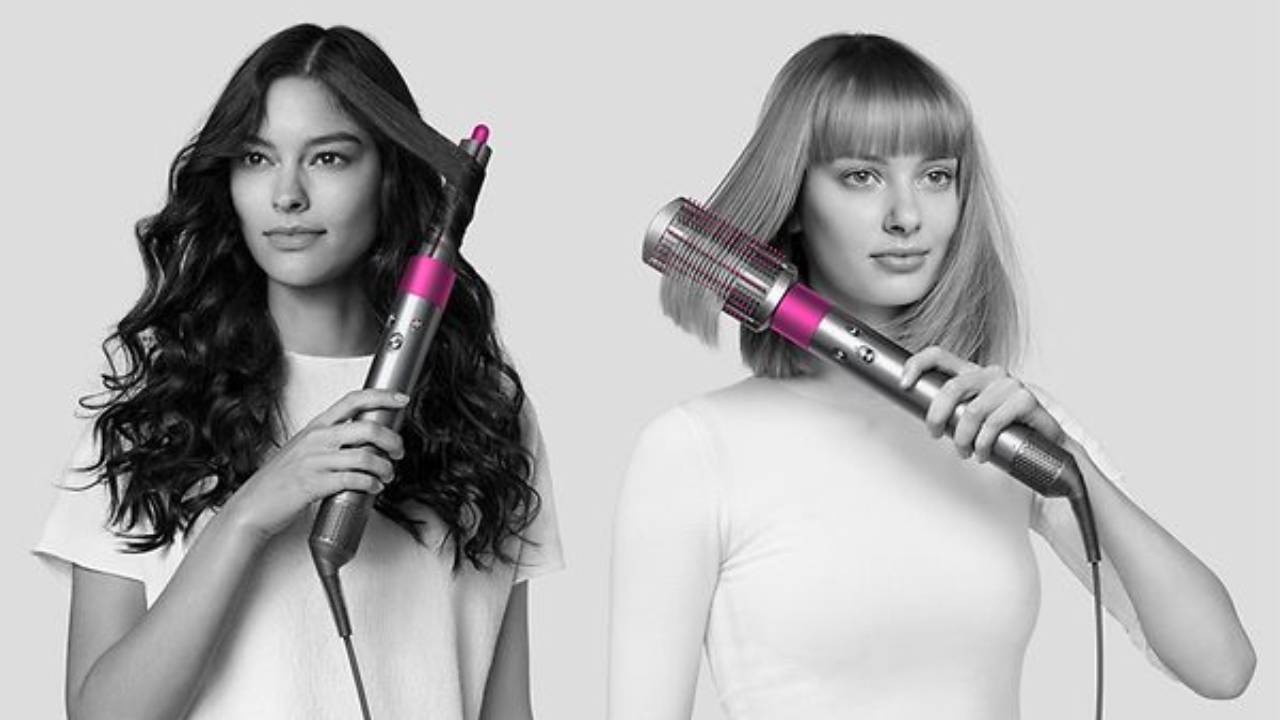
While the Dyson AirWrap and the Dyson Airstrait are both wet-to-dry hair tools, they have different designs and functions, so it’s important to understand the difference before you buy either of them.
The Dyson AirWrap came out in 2018 and uses a clever technology called the Coanda effect. Using high speed pressurised air, the Dyson AirWrap creates a spinning vortex of air through the main body which comes out the barrels and attachments. This allows the barrel to attract and ‘pull in’ hair around the barrel to curl it.
While your hair does come into contact with the Dyson AirWrap, its intelligent heat control helps prevent damage and breakages. Alongside its powerful V9 motor, the AirWrap’s airflow temperature is measured and controlled to keep it under 150-degrees and avoid heat damage during styling. To dry, smooth and style your hair, the Dyson AirWrap uses a multitude of attachments which I’ll explain in more detail below. For our full honest opinion, see our five star Dyson AirWrap review.
In comparison, the Dyson Airstrait came out in 2024 and heats and projects air using glass bead thermistors. Located in the arms of the Airstrait, which has a similar design to a pair of hair straighteners, these thermistors and the 13 blade impeller generates pressure and quickly spins to regulate airflow and dry and straighten your hair at the same time. See our full Dyson Airstrait review for more details.
Sign up to the T3 newsletter for smarter living straight to your inbox
Get all the latest news, reviews, deals and buying guides on gorgeous tech, home and active products from the T3 experts
Dyson AirWrap vs Airstrait: design and features
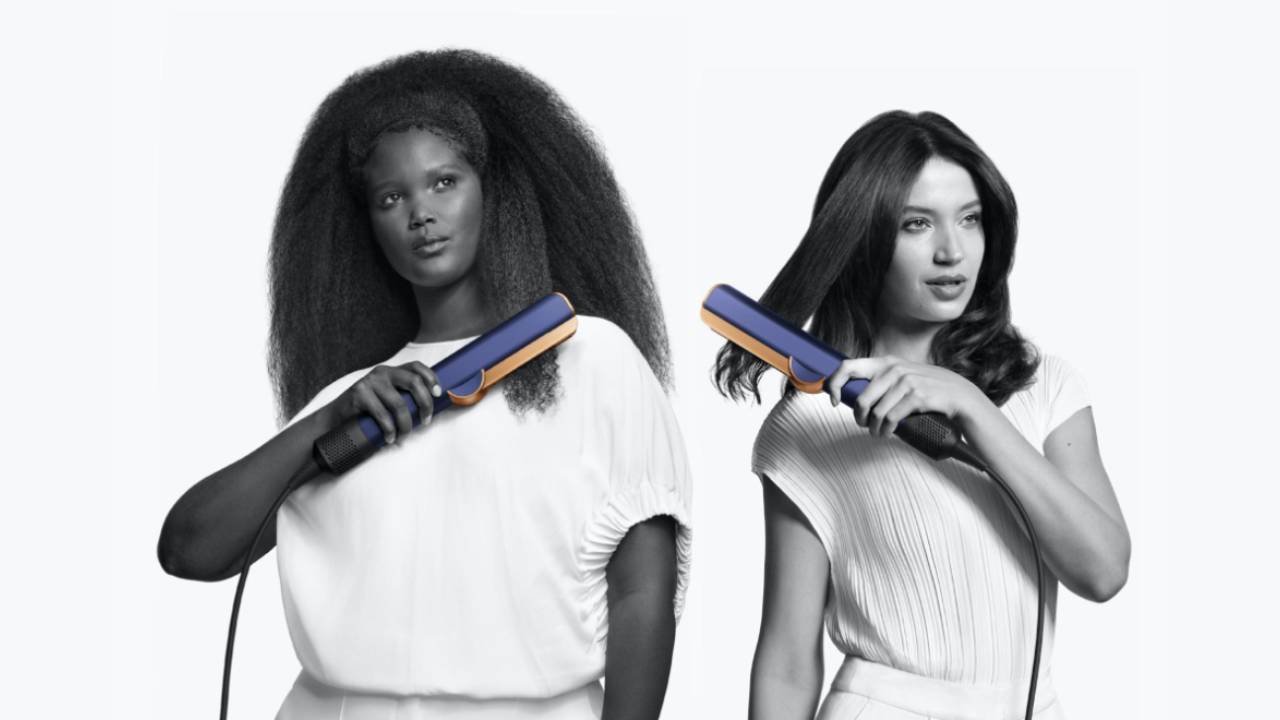
Looking at the two hair tools, it’s clear that they have a very different design. The Dyson AirWrap has a long barrel or body with sliding buttons on the front to customise and control the heat, speed and cold shot. On the back is a slider that helps attach and remove attachments, and each accessory has a twister on the top to change the airflow’s direction.
As explained, the Dyson AirWrap works by adding attachments to the end of the main body. It doesn’t have a screen, although you can connect it to the MyDyson app, and it makes fairly minimal noise when in action. Due to its many accessories, the Dyson AirWrap can be used as a hair dryer, curler, volumiser and smoother, so it tackles all hair styling jobs… except straightening.
Speaking of straightening, the Dyson Airstrait looks and acts similar to a pair of straighteners. Dyson already has its own straightener, called the Dyson Corrale, although many people found them to be extremely heavy and bulky to use. Despite the similar aesthetic, the Dyson Airstrait is extremely lightweight and easy to hold and use.
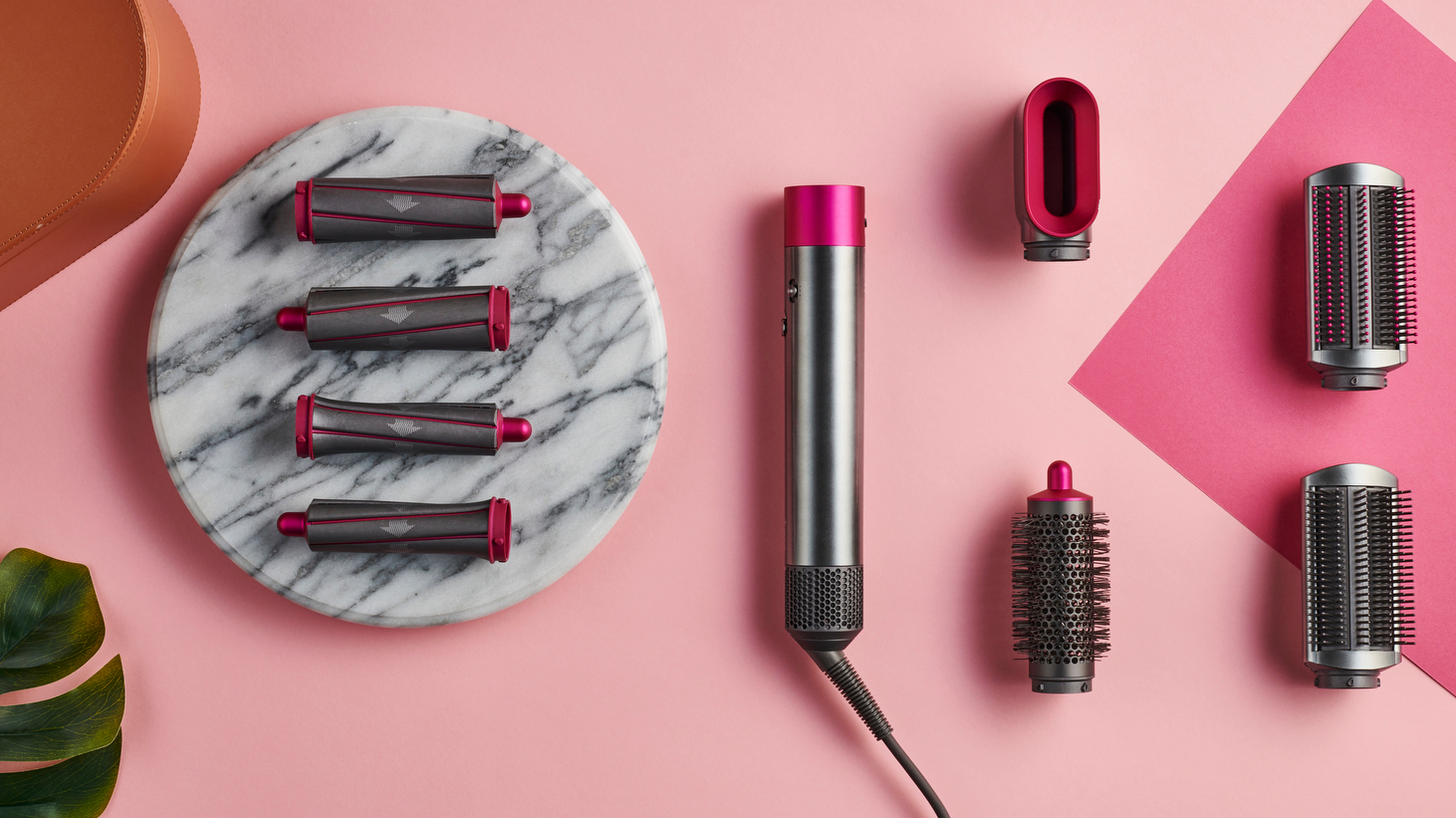
When the arms of the Dyson Airstrait are closed, which can be fixed with a slider on one side, the tool can be used to dry hair by moving the closed Airstrait over and around the head. When the arms are open, the Dyson Airstrait can be used to dry and straighten hair. It has controls underneath and between the arms, including on/off, heat, airflow and cool shot. Unlike the AirWrap, the Dyson Airstrait has a mini LCD screen to show the temperature, flow and other details.
Both the Dyson AirWrap and Dyson Airstrait come in classic Dyson colours. Currently, the Dyson Airstrait is only available in Bright Nickel / Bright Copper and Prussian Blue / Rich Copper, whereas the Dyson AirWrap can be found in the mentioned colourways, Black / Gold and Nickel / Fuchsia.
Dyson AirWrap vs Airstrait: performance
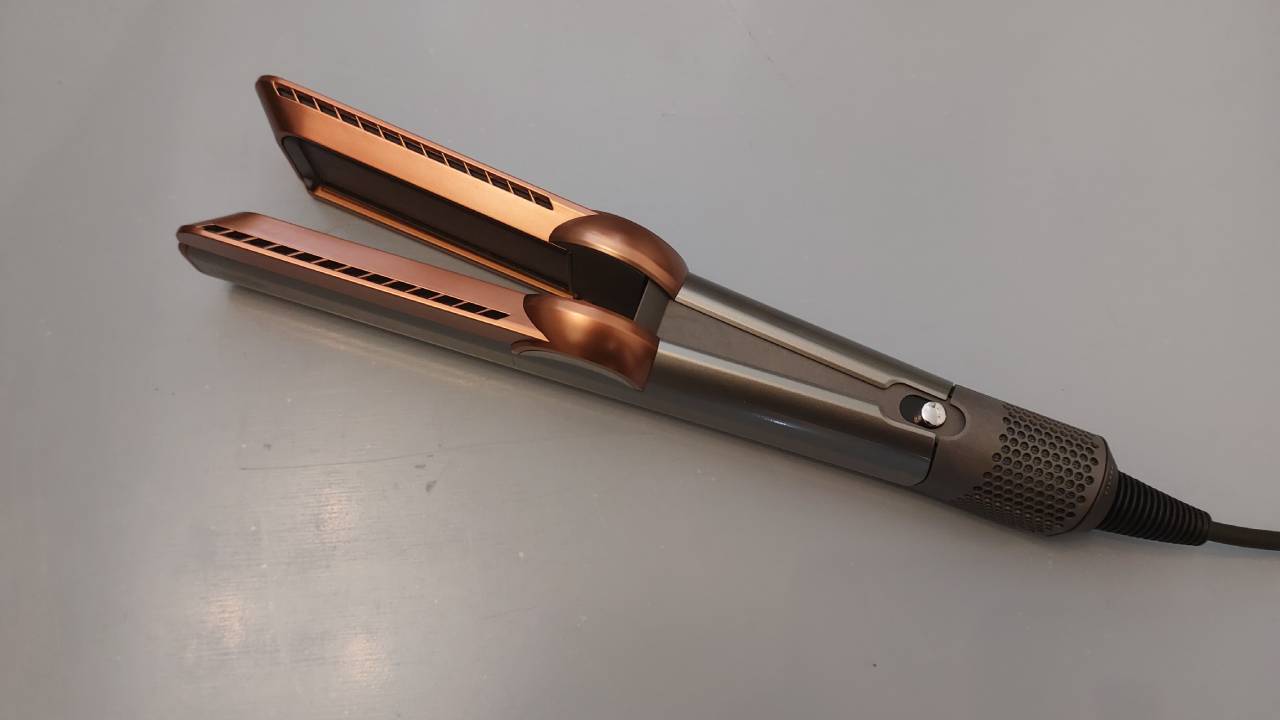
Now on to the most important question: how do the two hair tools perform? I own the AirWrap and the Airstrait and have used both for several months, so here’s my honest experience of them.
Starting with the Dyson AirWrap, I was excited yet hesitant to try it as it’s the most hyped styler on the market. But it certainly lives up to expectations with its clever heat and airflow technology and stunning results. My Dyson AirWrap came with seven attachments (more on this below), so I’ve used it for drying, curling, waving and volumising. The controls are easy to use, the cold shot sets hair in place perfectly, and my hair has always felt smooth and silky after use.
Moving through the attachments is easy to do, although it might be a little faffy for some as you have to turn it off, unclip it and replace it with the accessory you want. I tend to use the Coanda smoothing dryer to semi-dry my hair before using the long barrel to add curls. If I’m looking for volume, I use the round volumising brush which gets rid of frizz and flyaways while leaving hair looking bouncy.
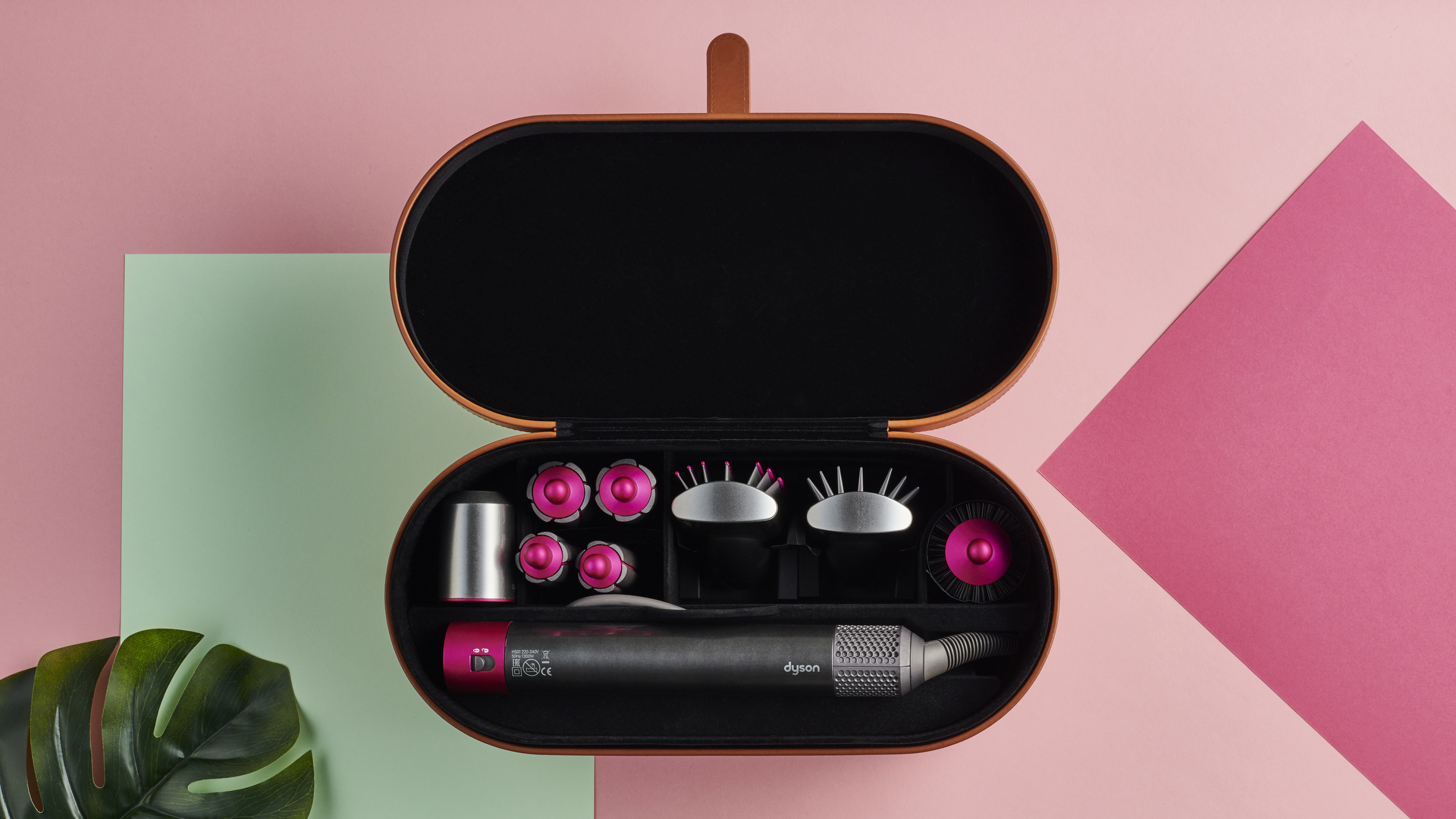
In comparison, the Dyson Airstrait is a dryer-straightener hybrid, although it’s definitely better at the latter than it is the former. By closing the plates, the Dyson Airstrait turns into a hair dryer, but the airflow isn’t as powerful as the AirWrap so it takes longer for hair to dry.
Having used the Dyson Airstrait more recently than the AirWrap, I’d definitely say it excels in the straightening department, although it’s not as effective for curling hair. It’s brilliant at straightening hair and despite coming into close contact, it always left my hair feeling and looking healthy and volumised.
Dyson AirWrap vs Airstrait: price and accessories
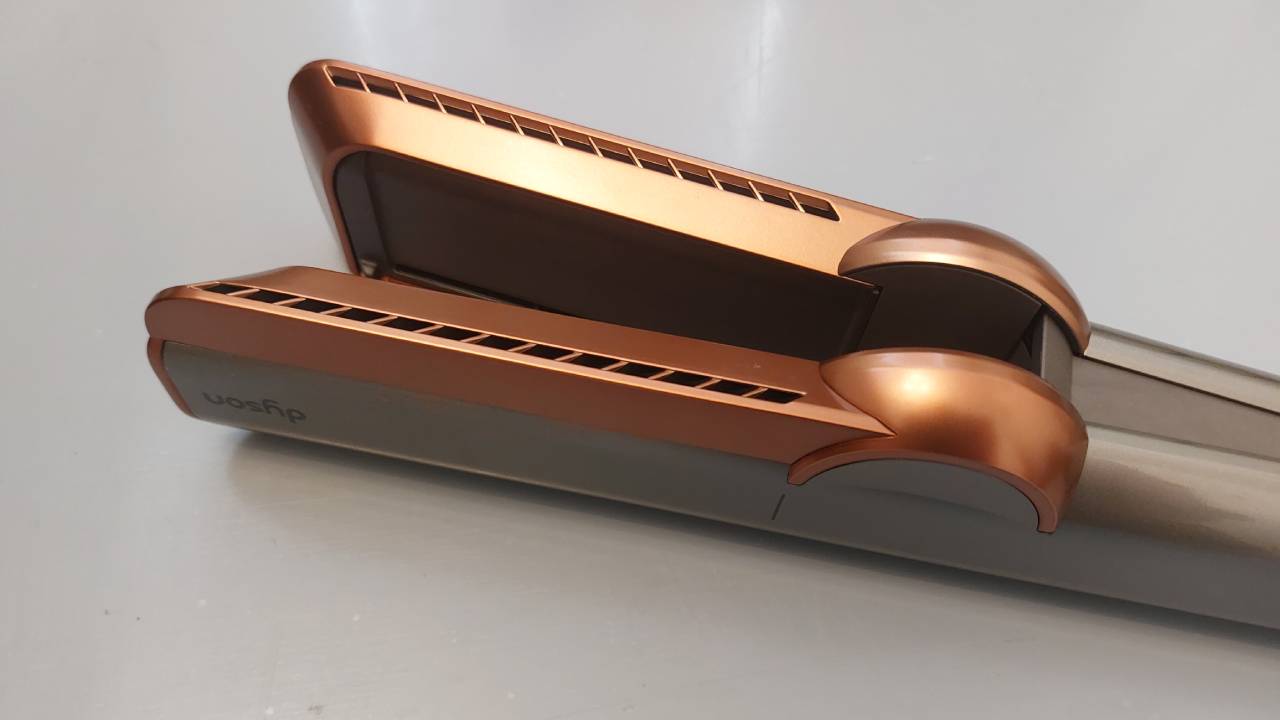
The Dyson AirWrap comes in two options: the Origin that comes with 3 accessories and costs £399.99 and then Complete that comes with 7 accessories and costs £479.99.
When you buy the Origin, you receive the long barrel, Coanda smoothing dryer, round volumising brush and a filter cleaning brush. With the Complete, you get the 40mm and 30mm long barrels, Coanda smoothing dryer, round volumising brush, firm and smooth smoothing brushes, filter cleaning brush and storage case.
The Dyson Airstrait is £449.99 and comes with a velvet heat mat as it doesn’t require any accessories.
Dyson AirWrap vs Airstrait: which should you choose?
So, which Dyson hair styling should you choose? Personally, the Dyson AirWrap gets my vote, although it really depends on what you want from a hair styler.
If you want effective drying and styling curly and wavy hair looks, the Dyson AirWrap is your winner. Alternatively, if you want straight hair and prefer styling with straighteners, the Dyson Airstrait is your best choice. Overall, both hair stylers are admirable at what they do and I’ve yet to find another option from a different brand that takes the crown from Dyson.

Beth is Home Editor for T3, looking after style, living and wellness. From the comfiest mattresses to strange things you can cook in an air fryer, Beth covers sleep, yoga, smart home, coffee machines, watches, grooming tools, fragrances, gardening and much more. If it's something that goes in your house, chances are Beth knows about it and has the latest reviews and recommendations! She's also in the know about the latest deals and discount codes from top brands and retailers.
Having always been passionate about writing, she’s written for websites, newspapers and magazines on a variety of topics, from jewellery and culture, to food and telecoms. You can find her work across numerous sites, including Wedding Ideas Magazine, Health & Wellbeing, The Bristol Post, Fashion & Style Directory, TechRadar, CreativeBloq and more. In her spare time, Beth enjoys running, reading, baking and attempting craft projects that will probably end in disaster!
-
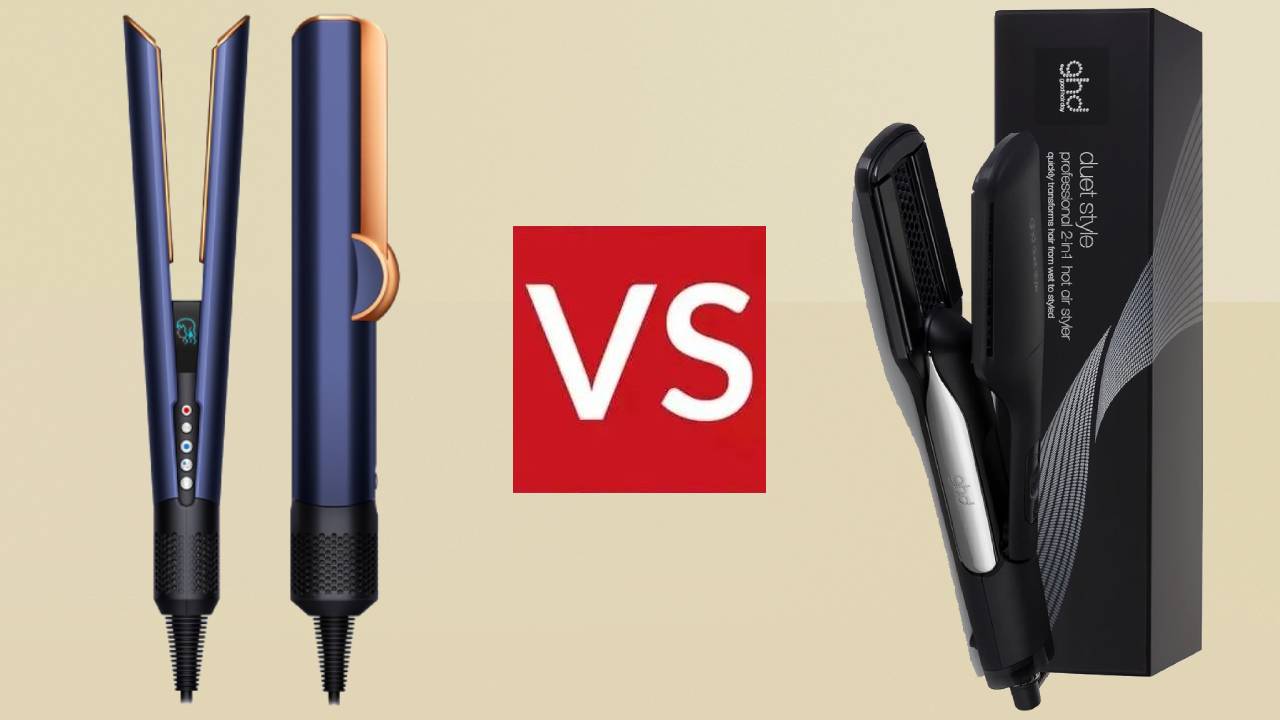 Dyson Airstrait vs ghd Duet Style: which wet-to-dry styler should you choose?
Dyson Airstrait vs ghd Duet Style: which wet-to-dry styler should you choose?Dyson and ghd go head to head to see which wet-to-dry hair styler comes out on top
By Bethan Girdler-Maslen
-
 Dyson Airstrait review: stellar wet-to-dry straighteners that styles and protects
Dyson Airstrait review: stellar wet-to-dry straighteners that styles and protectsThe latest hair tool from Dyson might beat the beloved AirWrap at its own game
By Bethan Girdler-Maslen
-
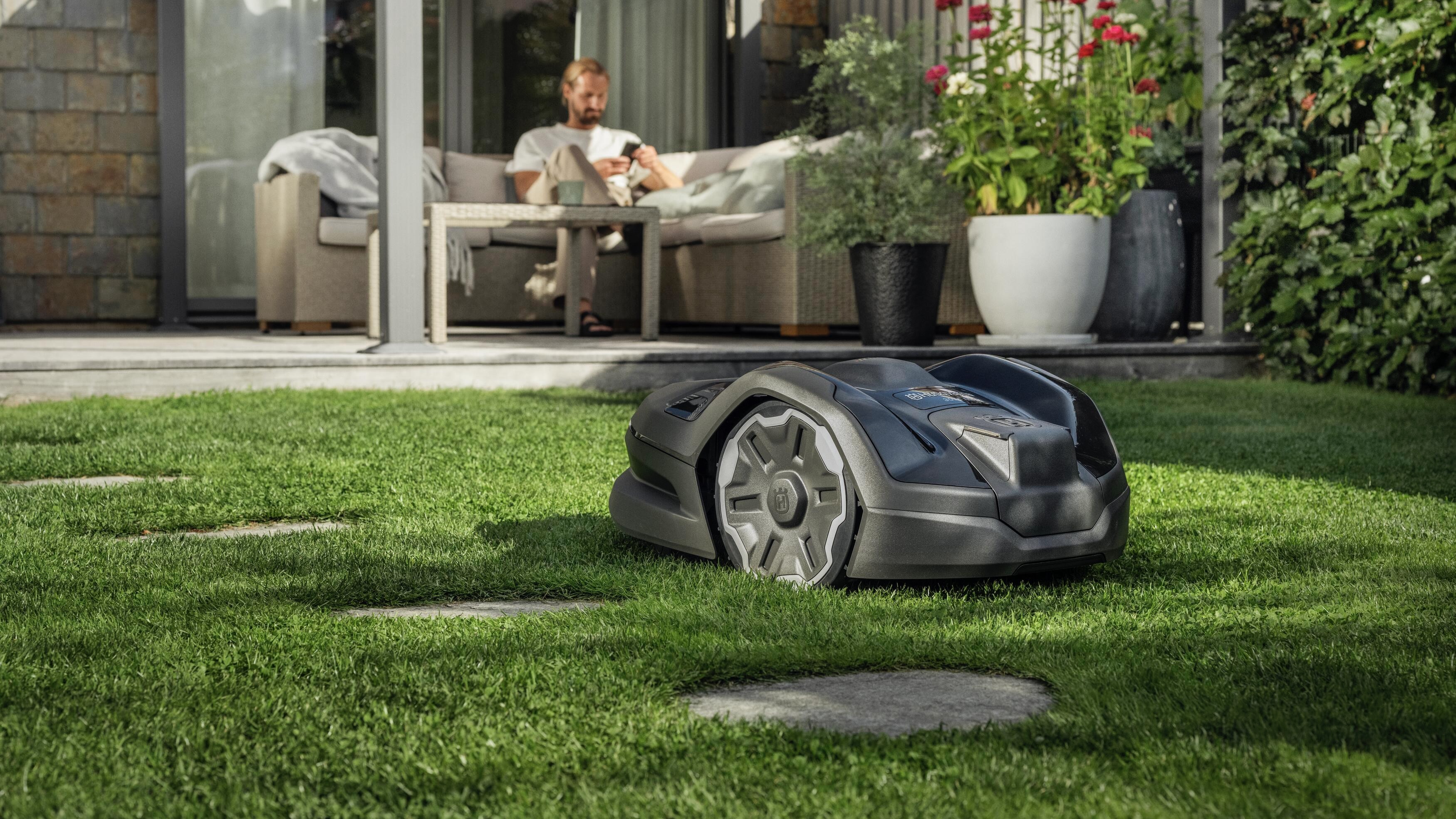 Wired vs. boundary-free robot lawn mowers: which one is right for you?
Wired vs. boundary-free robot lawn mowers: which one is right for you?It's a tricky decision after all!
By Lizzie Wilmot
-
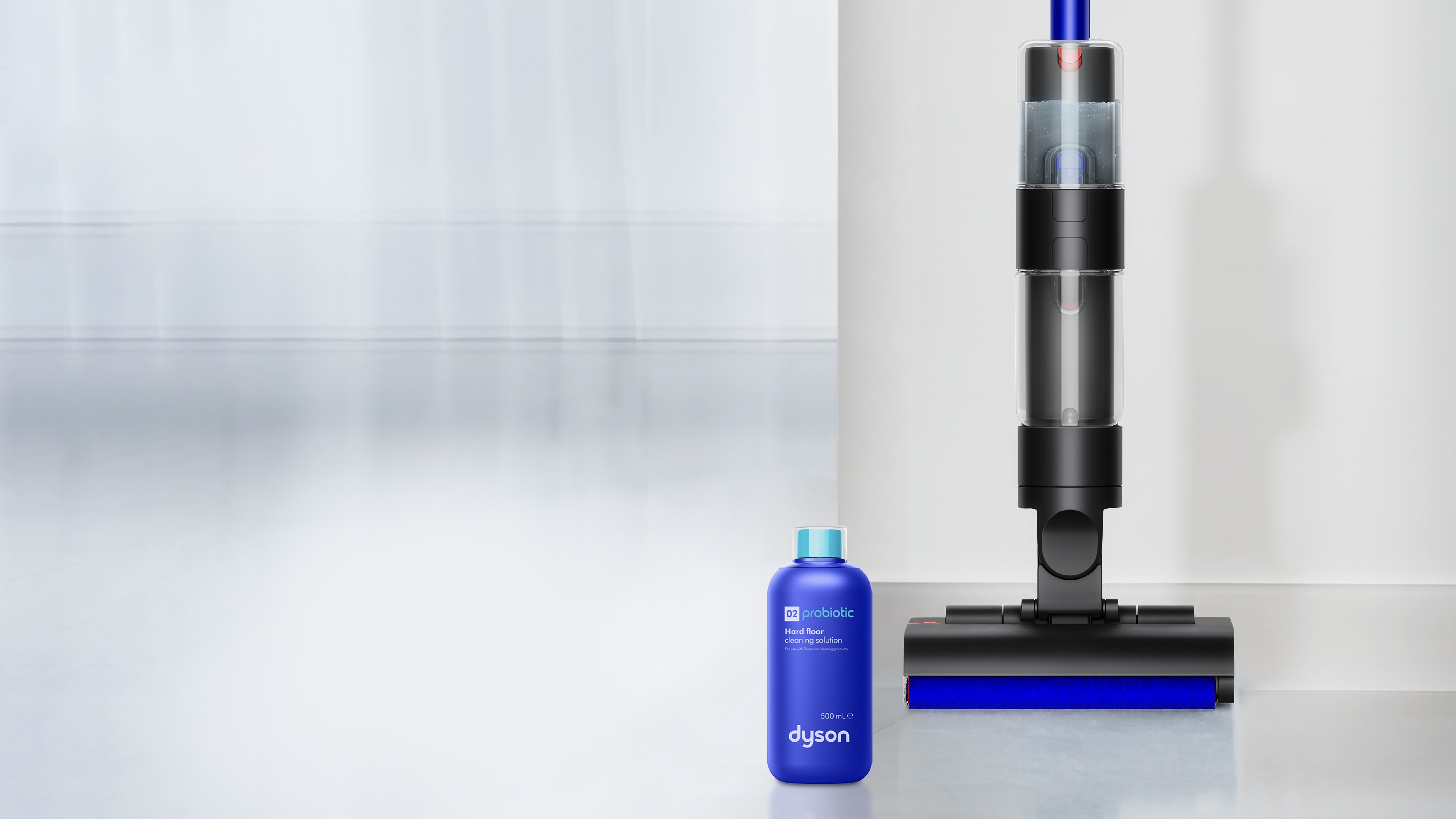 Dyson launches first-ever hard floor cleaning solution for a more hygienic and longer-lasting clean
Dyson launches first-ever hard floor cleaning solution for a more hygienic and longer-lasting cleanIt's made using over 250 billion live probiotic microorganisms
By Lizzie Wilmot
-
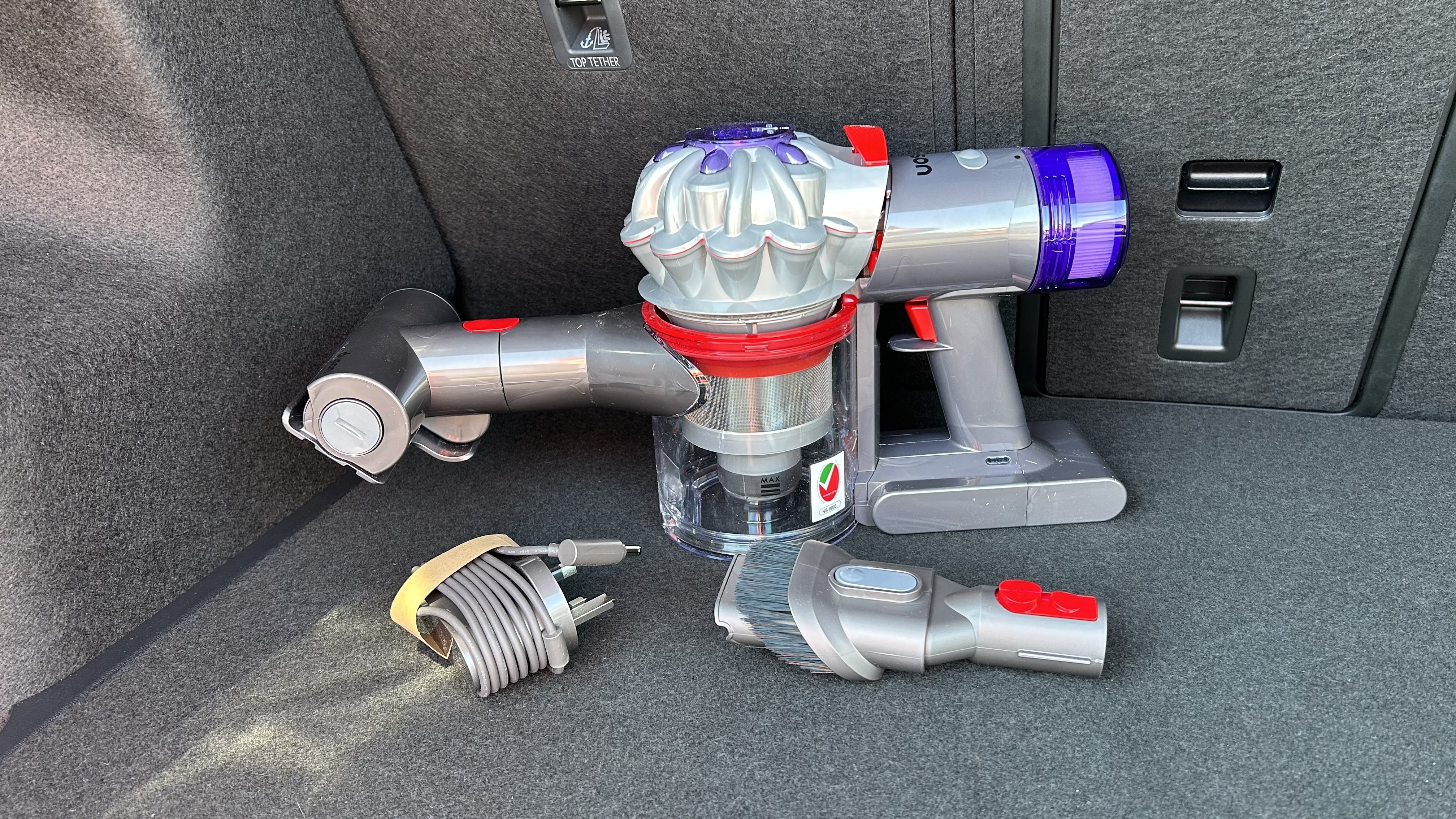 Dyson Car+Boat Handheld Vacuum Cleaner review: portable perfection
Dyson Car+Boat Handheld Vacuum Cleaner review: portable perfectionDyson’s latest high-powered handheld offering is great for pet beds as well as being ideal for cleaning vehicle interiors or boats on the water
By Rob Clymo
-
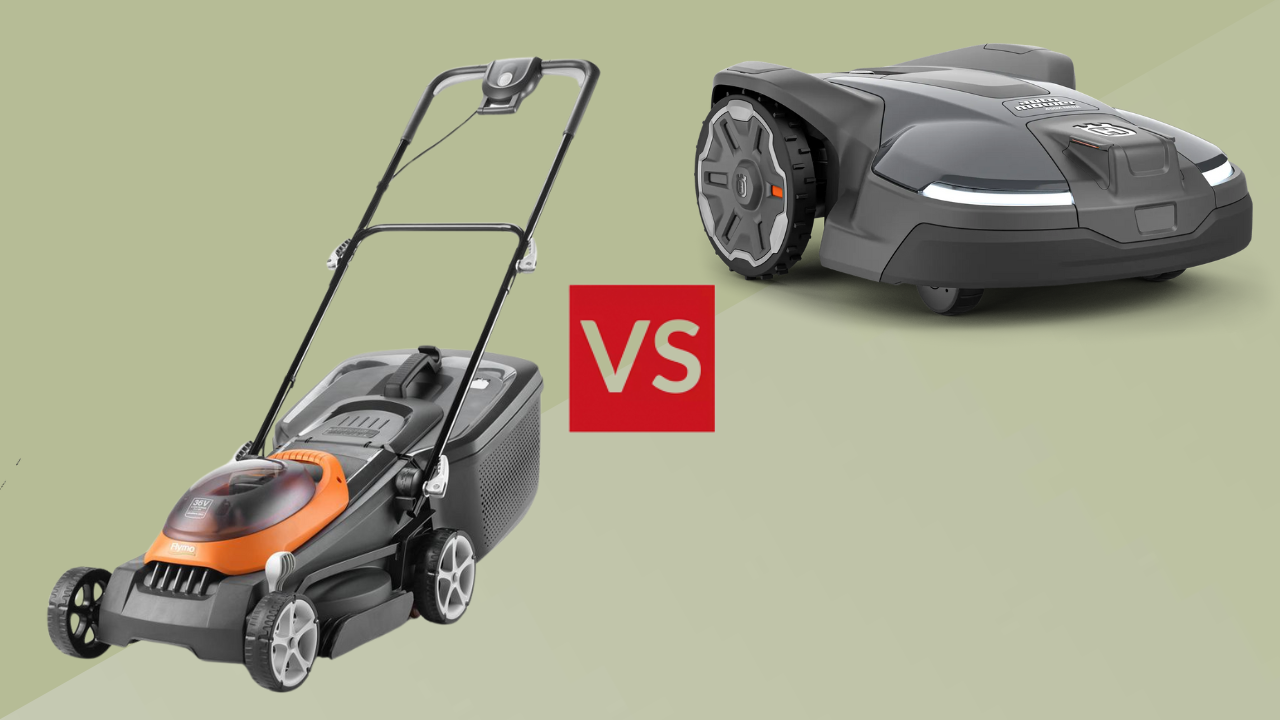 Cordless vs robot: which type of lawn mower should you buy?
Cordless vs robot: which type of lawn mower should you buy?Stuck between the two? Here's everything you need to know
By Lizzie Wilmot
-
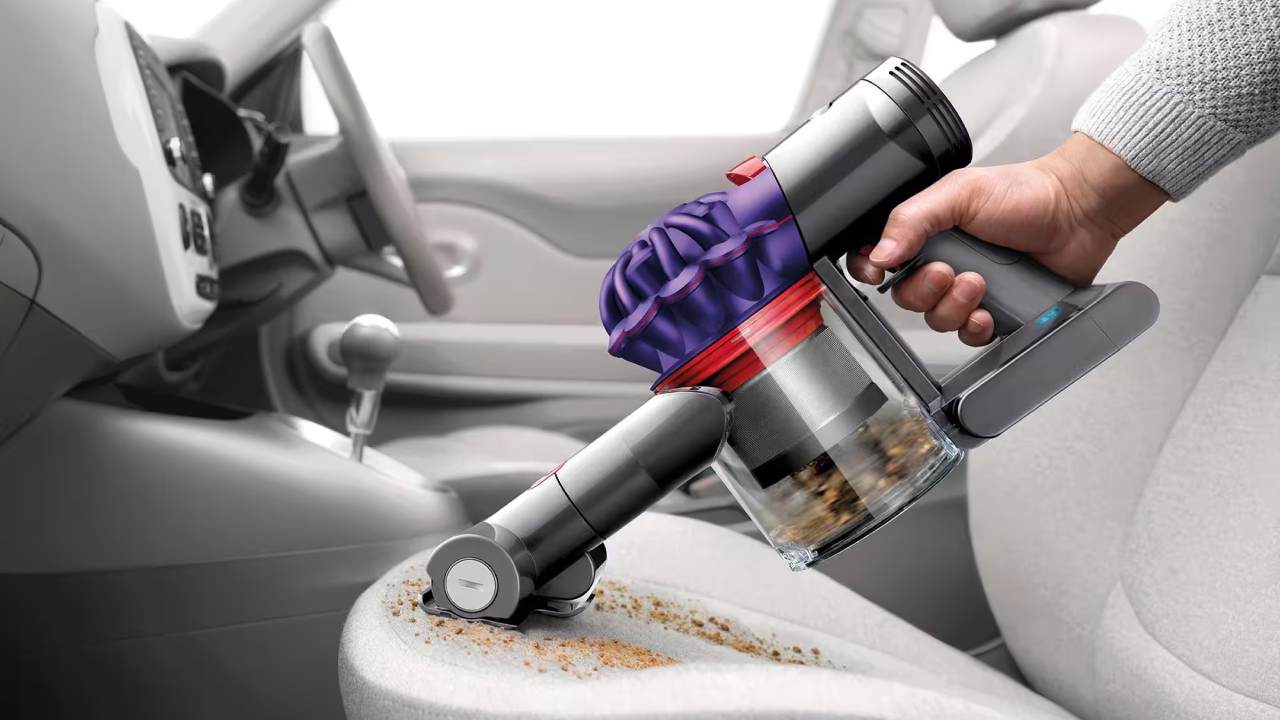 Dyson announces its latest handheld vacuum cleaner – and it’s not for your house
Dyson announces its latest handheld vacuum cleaner – and it’s not for your houseDyson finally caters to boats with the new Dyson Car+Boat
By Bethan Girdler-Maslen
-
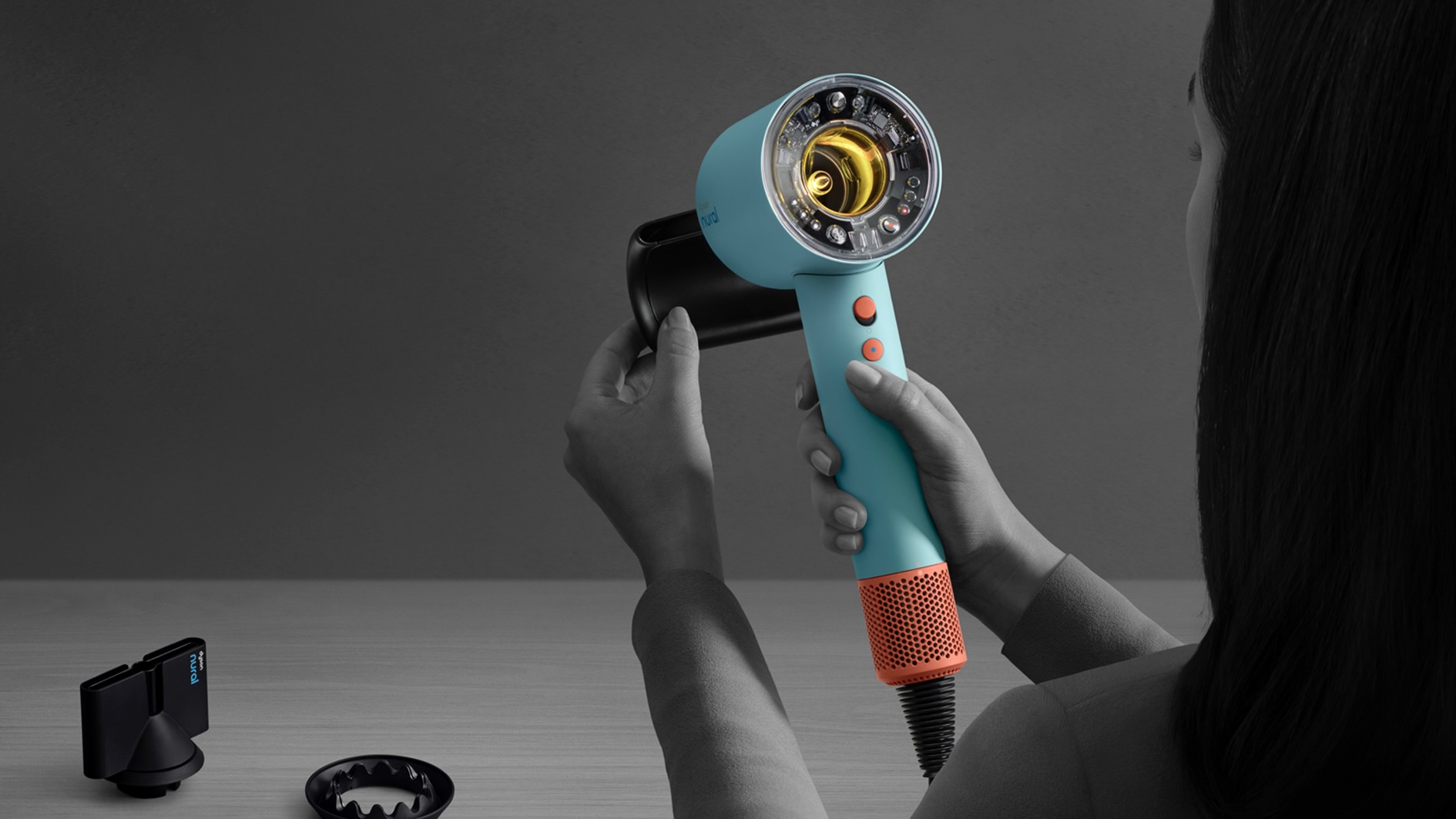 Dyson Beauty expert unveils surprising haircare trend for 2025
Dyson Beauty expert unveils surprising haircare trend for 2025Did you expect this?
By Lizzie Wilmot
-
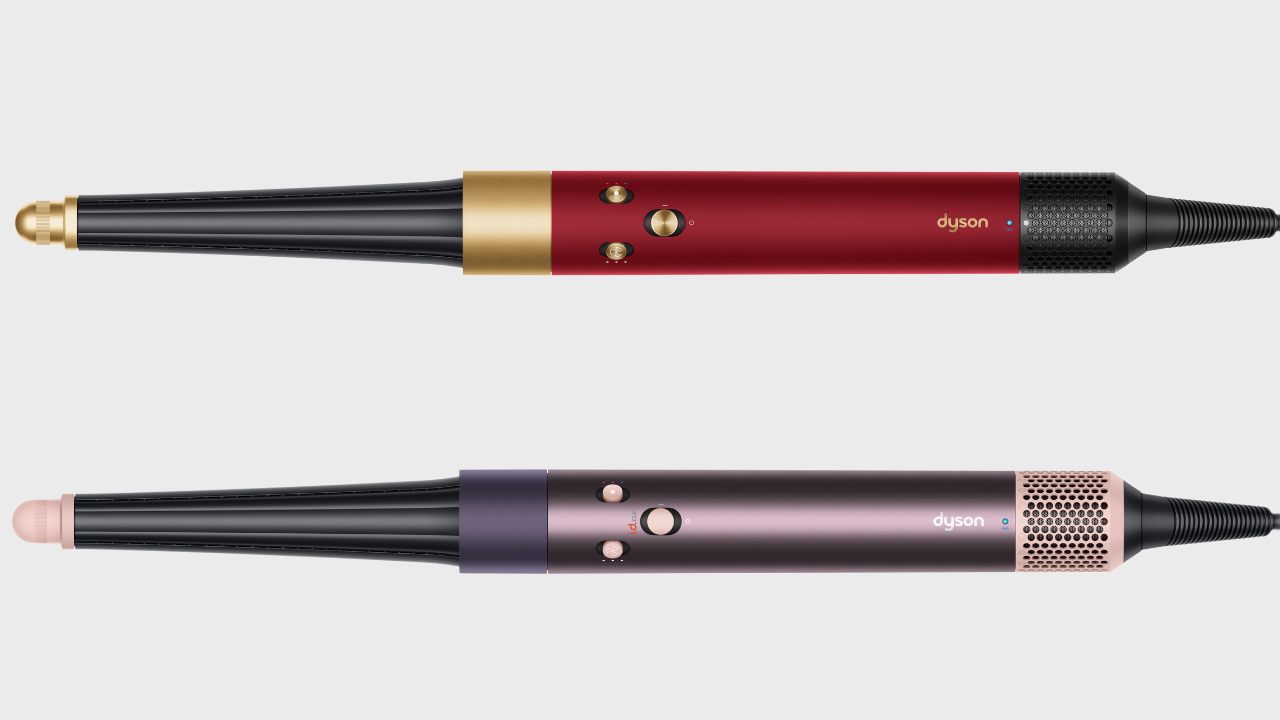 Two new Dyson Airwrap colourways have landed – I can't decide which one I like best
Two new Dyson Airwrap colourways have landed – I can't decide which one I like bestJasper Plum and Red Velvet are here...
By Lizzie Wilmot
-
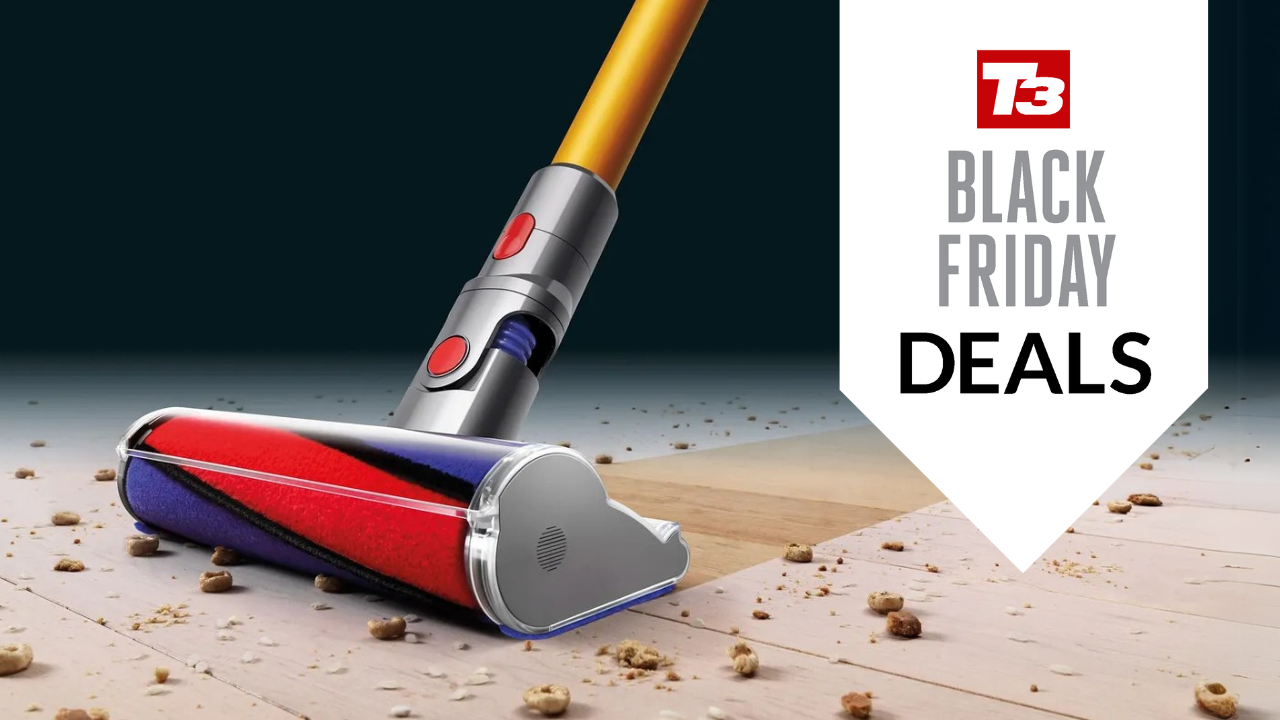 Don't panic, but this best-selling Dyson is almost half price for Black Friday
Don't panic, but this best-selling Dyson is almost half price for Black FridayThere's a huge $220 saving...
By Lizzie Wilmot
